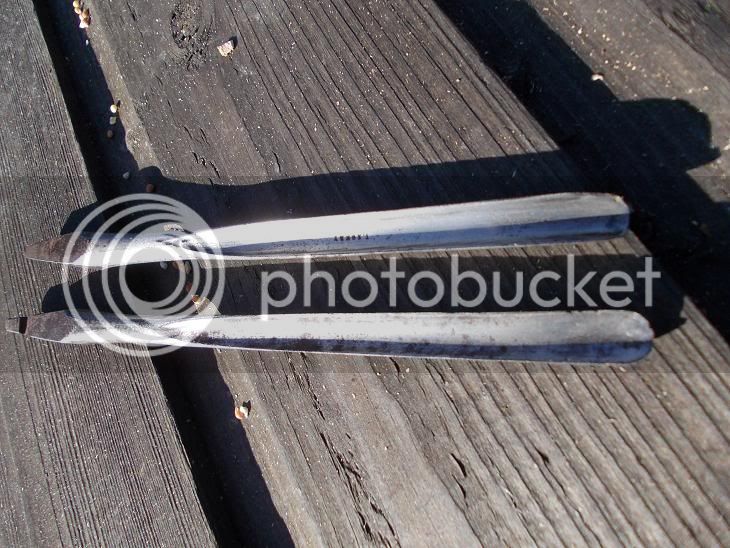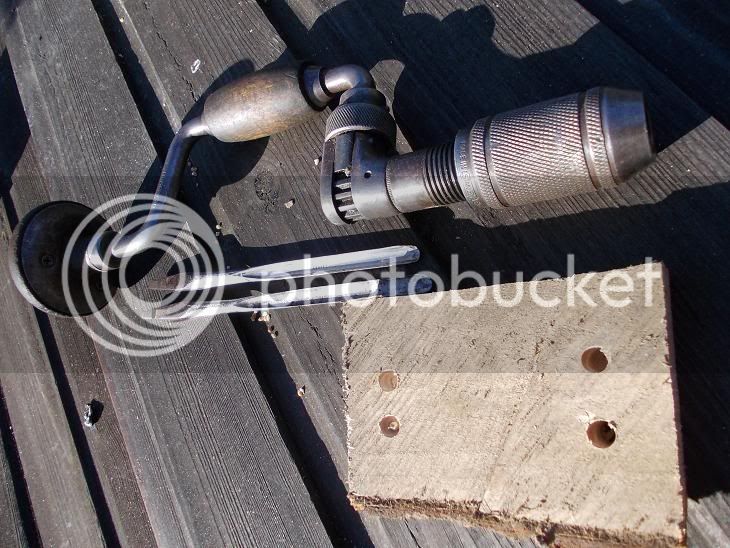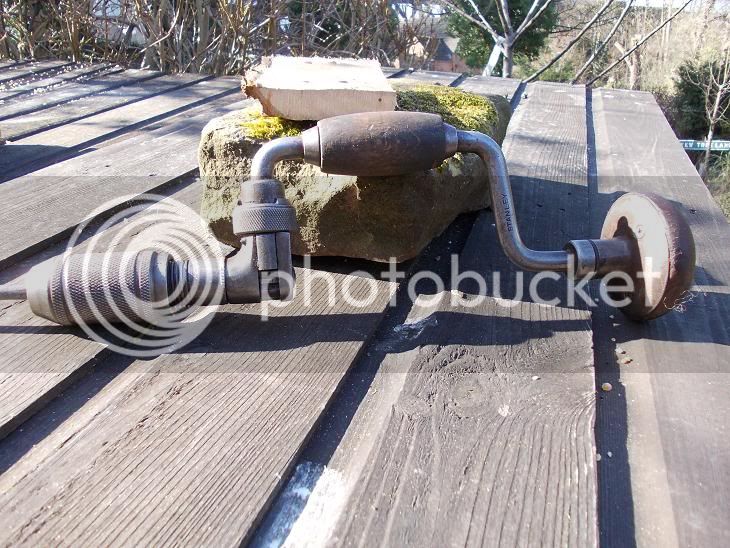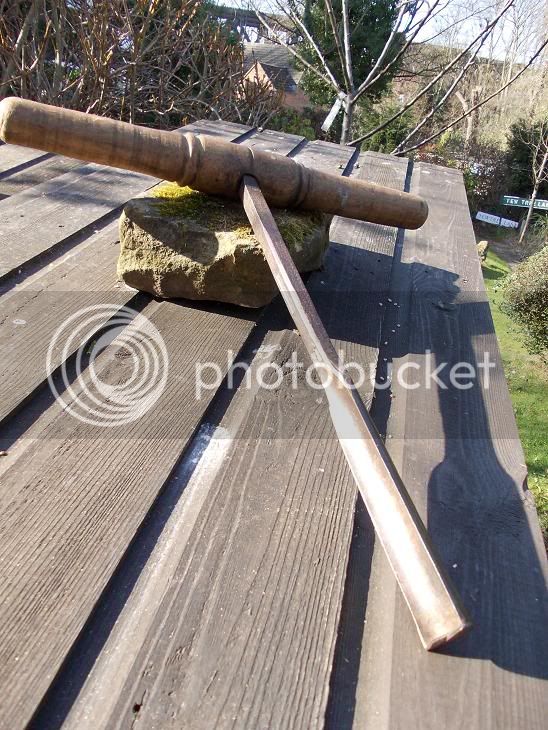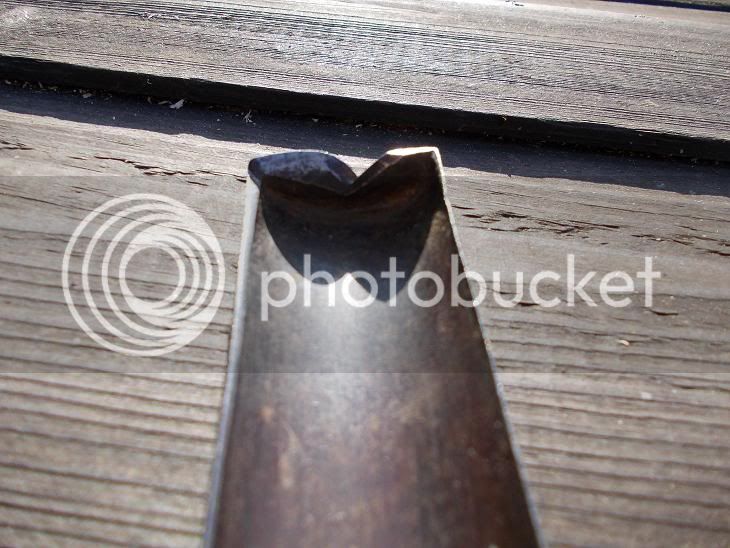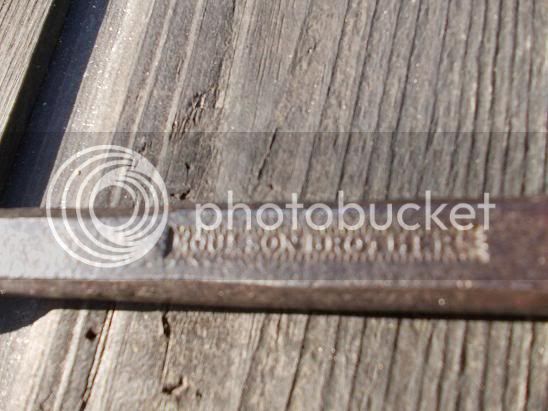jimi43
Established Member
Following the revival of the hand drill thread, I thought it time I posted a new thread of my recent musings on gouge bits.
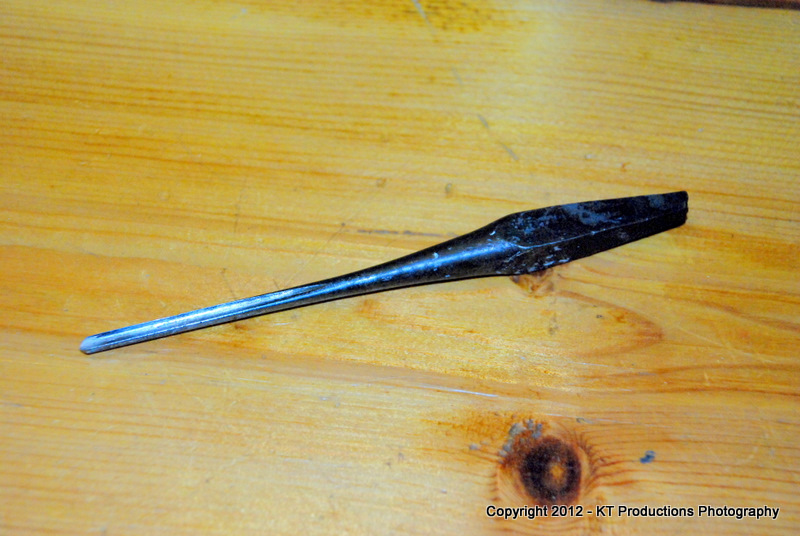
Now these ancient bits, sometimes called gouge...other times called shell or quill bits are really fascinating and ideal bits to fit those old brace or hand drills which seem to be increasingly popular at the moment.
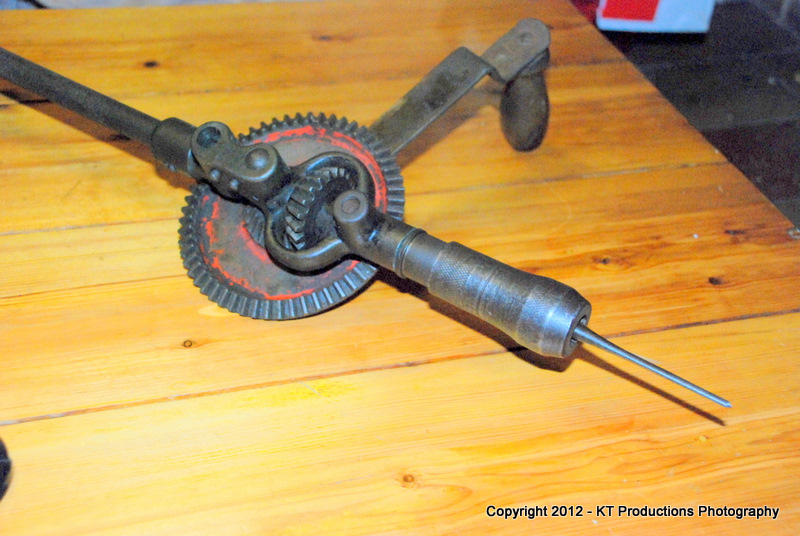
They have a square tapered shanks which fit this type of "chuck"....
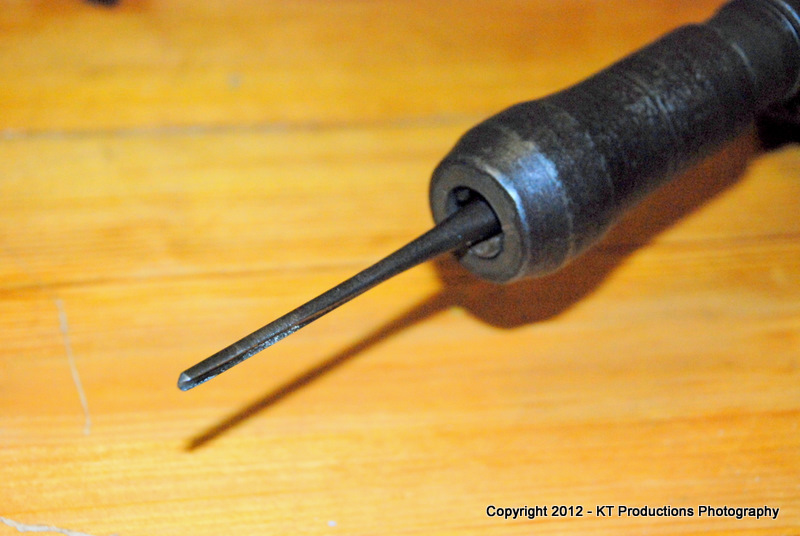
....and very securely indeed! Being of a square profile, the shank engages in the chuck with perfect registration and cannot move once tightened.
The key to the bit is the sharpening. It is treated just like an out-canal gouge...in that the bevel is on the outside and the inside channel is filed flat using a small round gouge stone or file and then polished with fine paper wrapped around the same.
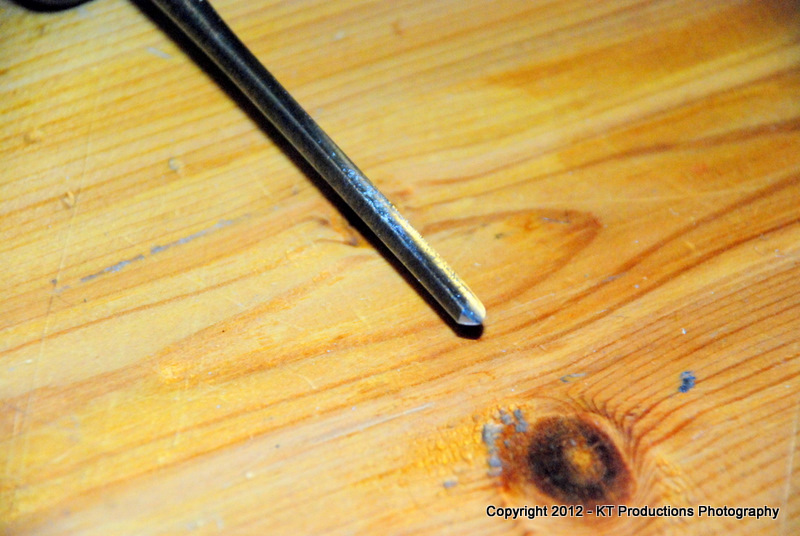
You need to use an awl to start them off in the right place and prevent skipping but once started they cut a perfect hole....
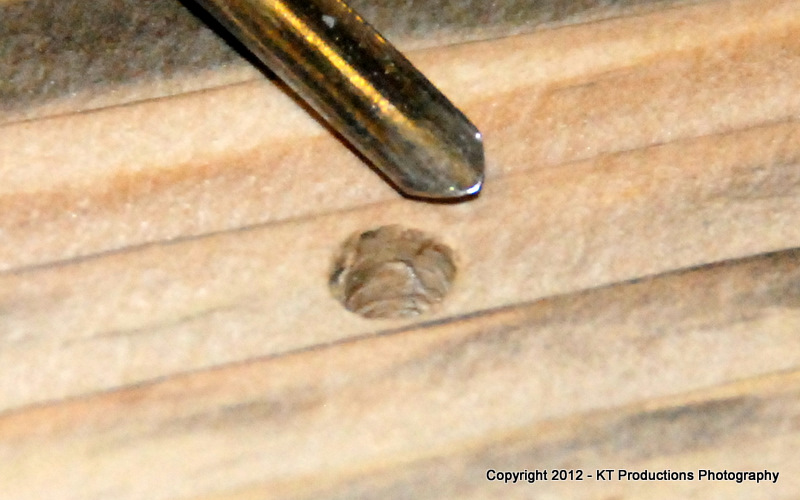
One particular benefit of shell bits is that they do not deviate when crossing grain which is particularly useful when drilling end grain.
So...if you have one of these drills (or two!! :wink: ) then you could do worse than trying these beautiful old bits out in it...something to look out for at this year's bootfairs....which is where I found mine for pence!
Gouge bits...the bit that doesn't gouge!! :mrgreen:
Jim

Now these ancient bits, sometimes called gouge...other times called shell or quill bits are really fascinating and ideal bits to fit those old brace or hand drills which seem to be increasingly popular at the moment.

They have a square tapered shanks which fit this type of "chuck"....

....and very securely indeed! Being of a square profile, the shank engages in the chuck with perfect registration and cannot move once tightened.
The key to the bit is the sharpening. It is treated just like an out-canal gouge...in that the bevel is on the outside and the inside channel is filed flat using a small round gouge stone or file and then polished with fine paper wrapped around the same.

You need to use an awl to start them off in the right place and prevent skipping but once started they cut a perfect hole....

One particular benefit of shell bits is that they do not deviate when crossing grain which is particularly useful when drilling end grain.
So...if you have one of these drills (or two!! :wink: ) then you could do worse than trying these beautiful old bits out in it...something to look out for at this year's bootfairs....which is where I found mine for pence!
Gouge bits...the bit that doesn't gouge!! :mrgreen:
Jim





































